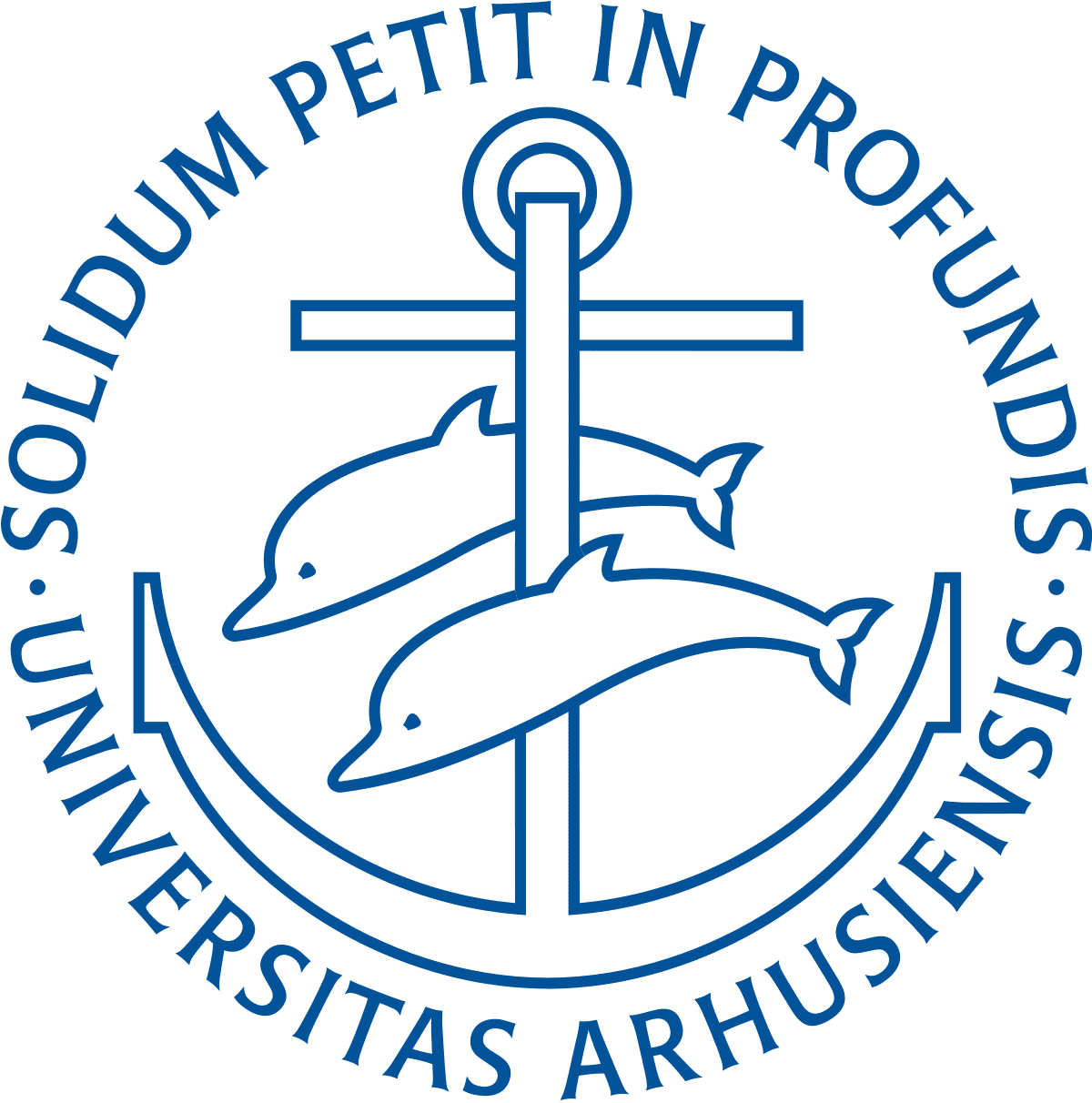Request Demo
Last update 08 May 2025
Cardiomyopathy, Alcoholic
Last update 08 May 2025
Basic Info
Synonyms Alcohol induced heart muscle disease, Alcohol-induced heart muscle disease, Alcoholic Cardiomyopathy + [25] |
Introduction Disease of CARDIAC MUSCLE resulting from chronic excessive alcohol consumption. Myocardial damage can be caused by: (1) a toxic effect of alcohol; (2) malnutrition in alcoholics such as THIAMINE DEFICIENCY; or (3) toxic effect of additives in alcoholic beverages such as COBALT. This disease is usually manifested by DYSPNEA and palpitations with CARDIOMEGALY and congestive heart failure (HEART FAILURE). |
Related
1
Clinical Trials associated with Cardiomyopathy, AlcoholicNCT00226109
Effect of Spironolactone Treatment on Heart- and Skeletal Muscle in Chronic Alcoholics
Chronic alcoholics suffer from weak skeletal and cardiac muscle. The investigators have discovered a beneficial effect of spironolactone-treatment in that regard. Therefore, a double blind placebo controlled study is conducted, to examine the effects of spironolactone on cardiac and skeletal muscle-function in chronic alcoholics.
Start Date01 Apr 2004 |
Sponsor / Collaborator |
100 Clinical Results associated with Cardiomyopathy, Alcoholic
Login to view more data
100 Translational Medicine associated with Cardiomyopathy, Alcoholic
Login to view more data
0 Patents (Medical) associated with Cardiomyopathy, Alcoholic
Login to view more data
946
Literatures (Medical) associated with Cardiomyopathy, Alcoholic01 Apr 2025·Canadian Journal of Cardiology
Left Ventricular Assist Device as a Bridge-to-Recovery Strategy in Alcoholic Cardiomyopathy: A Case Series
Article
Author: Pozzi, Matteo ; Baudry, Guillaume ; Valente, Federica ; Sebbag, Laurent
01 Apr 2025·Experimental Cell Research
Loss of lipid droplet-mitochondria contacts confers protection against ethanol-induced cardiotoxicity
Article
Author: Zeng, Lin ; Zhao, Ruowen ; Sun, Zhongchan ; Qiu, Kailun ; He, Wenlong ; He, Weibin ; Tan, Ning ; He, Pengcheng
11 Mar 2025·Cureus
Alcohol-Induced Cardiomyopathy Presenting With a Ventricular Arrhythmia Storm Causing Cardiac Arrest
Article
Author: Ukponmwan, Esosa U ; Abela, George ; Banga, Sandeep
1
News (Medical) associated with Cardiomyopathy, Alcoholic20 Mar 2024
Men and women with lower income or education levels are more likely to develop medical conditions related to alcohol abuse compared to similar individuals with a higher socioeconomic status, according to a new study.
Men and women with lower income or education levels are more likely to develop medical conditions related to alcohol abuse compared to similar individuals with a higher socioeconomic status. Alexis Edwards of Virginia Commonwealth University, US, and colleagues report these findings in a new study published March 19 in the open access journal PLOS Medicine.
The World Health Organization estimates that harmful alcohol use accounts for 5.1% of the global burden of disease and injury worldwide, and results in three million deaths each year. Excessive alcohol consumption can also take an economic toll. Previous studies have identified links between a person's socioeconomic status and alcohol use, but currently it is unclear how an individual's social class impacts their future risk of acquiring alcohol-related medical conditions, like alcoholic liver disease.
In the new study, researchers used a model that follows people over time to estimate their risk of developing medical conditions from alcohol abuse using two indicators for socioeconomic status: income and education level. The researchers analyzed data from more than 2.3 million individuals in a Swedish database to show that both men and women with a lower income or education level were more likely to develop these conditions. The associations held true, even when researchers controlled for other relevant factors, such as marital status, history of psychiatric illness and having a genetic predisposition to abuse alcohol.
The new findings are important for understanding which populations are most likely to suffer from medical conditions resulting from alcohol abuse, and contribute to a growing body of literature on health disparities that stem from socioeconomic factors. The researchers recommend that individuals with lower income or education levels might warrant additional screening by clinicians to evaluate their alcohol consumption and identify related conditions.
The authors add, "Among individuals with an alcohol use disorder, those with lower levels of education or lower incomes are at higher risk for developing an alcohol-related medical condition, such as cirrhosis or alcoholic cardiomyopathy. Additional screening and prevention efforts may be warranted to reduce health disparities."
Analysis
Perform a panoramic analysis of this field.
login
or

AI Agents Built for Biopharma Breakthroughs
Accelerate discovery. Empower decisions. Transform outcomes.
Get started for free today!
Accelerate Strategic R&D decision making with Synapse, PatSnap’s AI-powered Connected Innovation Intelligence Platform Built for Life Sciences Professionals.
Start your data trial now!
Synapse data is also accessible to external entities via APIs or data packages. Empower better decisions with the latest in pharmaceutical intelligence.
Bio
Bio Sequences Search & Analysis
Sign up for free
Chemical
Chemical Structures Search & Analysis
Sign up for free
